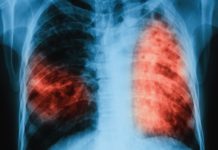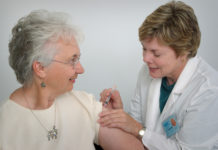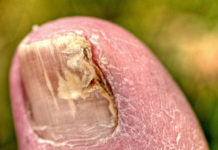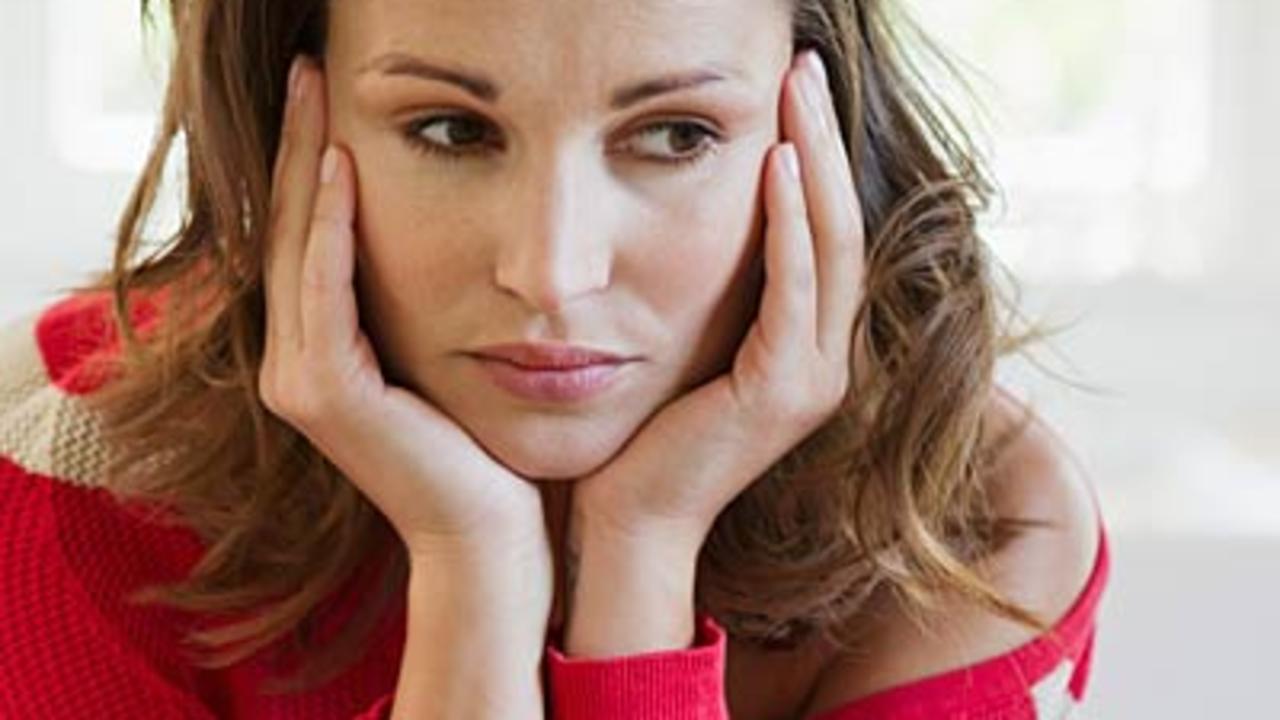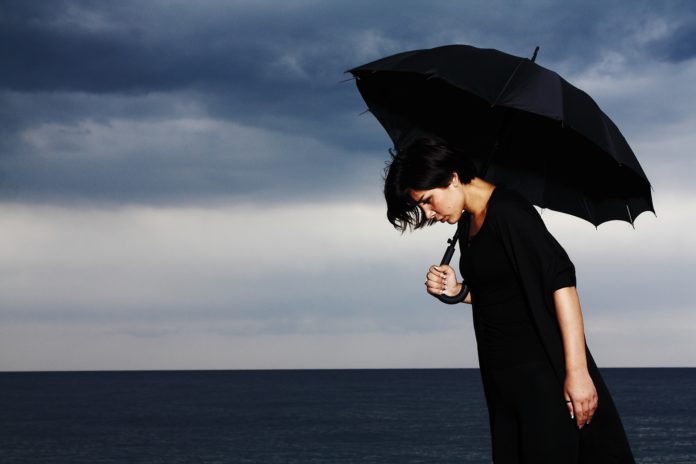
Are you getting the blues?
As sunlight starts to dwindle in the winters, temperature drops and you start to spend more time curled up at home – or at least want to – and if you feel dull, fatigued and low you may be suffering from a condition called Winter Depression or Winter blues, also known as Seasonal Affective Disorder (SAD).

Some signs of SAD could be an inability to get out of bed and having less energy to carry out daily chores. Other symptoms one may experience include loneliness, general discontent, feeling hopeless or worthless, having trouble sleeping or oversleeping, craving for foods high in carbohydrates, low self esteem, social withdrawal etc.
SAD is a form of Depression which affects at the same time every year, mostly winters and research has shown a relation to shorter days leading to reduced exposure to sunlight as a probable cause.
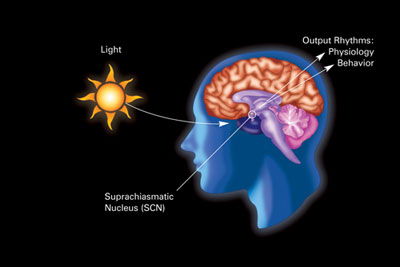
‘Circadian rhythm’ also known as ‘biological clock’ of the body which controls our sleep wake cycle gets affected by reduced exposure to light leading to depression. Levels of serotonin a brain chemical (neurotransmitter) and melatonin, another hormone secreted from pineal gland in brain which affect mood and sleep patterns have also been implicated.
Mentioned below are triggers that have been found to be associated with SAD and, also steps to beat the blues –
- Reduced physical activity – regularly exercising in the daytime
- Travel – planning well in advance the travel schedule including bookings to avoid last minute rush
- Bills and financial burden – Preplanning and dividing bills over few months
- Increased social commitment with larger family members – hanging out with loved ones
- Living away from family – celebrating with close friends and planning home trips
- Increased fatty diet and alcohol – Adding fruits, salads and proper fluid intake (2-3 litres / day) and alcohol in limits as large amounts may lead to disturbed sleep
- Unfulfilled commitments & plans of the year gone by – write down the wish list and make a timeline in advance
- Check for Vitamin D3 level – Low Vitamin D (25 – OH) D3 level has been seen to be associated with low energy levels , fatigue and depression including SAD
People with family history of mental illness, adolescents, postmenopausal women, senior citizens, obese individuals and people with chronic diseases like Diabetes mellitus are prone to develop SAD.
Phototherapy that is exposure to bright light has shown improvement in symptoms . Psychotherapy also called ‘talk therapy’ which involves counselling sessions is also helpful. In severe cases antidepressant medications may be prescribed by a psychiatrist.


